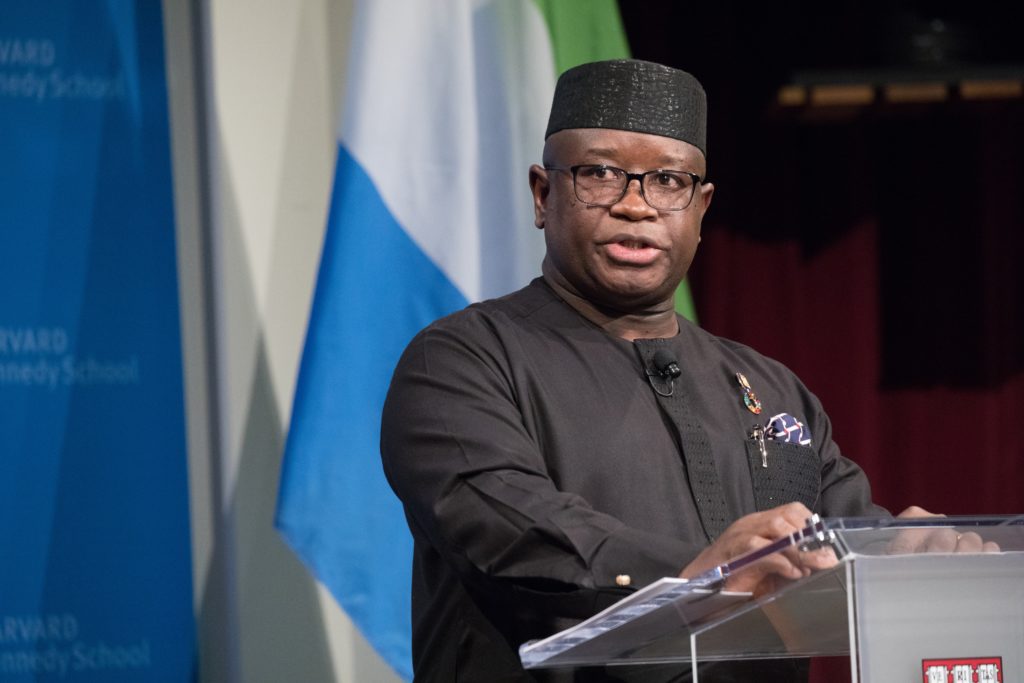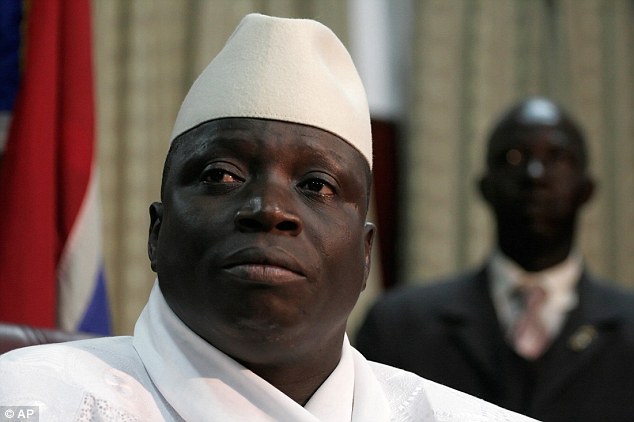Virus-free Sierra Leone on Friday announced closure of its borders for a 30-day period barely days after President Julius Maada Bio announced a state of public health emergency.
According to reports, the measure was to keep out the coronavirus which has engulfed all of West Africa except for Sierra Leone. The country tested two cases which turned out to be negative.
The border closures come in the wake of same action taken by neighbours Guinea and Liberia. Guinea president Alpha Conde declared a state of emergency on Friday also for 30-days over the virus.
The closure will last for a renewable period of 30 days excepting cargo vehicles which will be limited to two apprentices and a driver. They’ll be subjected to a 14-day surveillance by both countries on entry and exit.
All learning institutions and entertainment centers have been closed for 14 days, as have churches and mosques. All cultural events have been prohibited.
Liberia is currently in a lockdown over the pandemic. The three countries were at the heart of the Ebola epidemic that killed thousands years ago.
Despite being among 11 African countries that have not recorded any cases of the coronavirus, Sierra Leone president Julius Maada Bio on March, 24 imposed a twelve-month state of public health emergency.
The brave move signifies that the country is not taken any chances with the pandemic which has affected all its neighbours in the region.
Meanwhile, the Freetown International Airport, Sierra Leone’s main entry point via air witnessed a coronavirus related scuffle after passengers aboard a Kenya Airways flight refused necessary health protocols two weeks ago.
One of the country’s experienced journalists Umaru Fofana reported the said flight had a that passengers aboard the flight had a suspected COVID-19 case leading to the decision to quarantine all the passengers. It is not known how authorities detected the case in question.
“At least three passengers refused to be isolated saying they’d rather return to where they’d come from…,” Fofana said in a tweet.
“Meanwhile passengers who’ve just arrived on an Air Peace flight from Nigeria have also been asked to be quarantined. They’ve refused, citing the (Sierra Leone) government policy which says only passengers from countries with up to 50 confirmed cases of coronavirus should be automatically quarantined,” he said in a follow up tweet.
Sierra Leone remains one of a handful African countries yet to record a coronavirus case. But like all governments are doing, the presidency released a detailed statement that outlined directives crucially banning overseas travel for all government officials and urged members of the public to heed same.
An initial statement had directed thus: “Public gatherings should not be attended by more than One Hundred (100) persons,” the second directive read. But a Ministerial team that visited the airport on Monday had urged passengers to adhere to health protocols.
A statement from the president on the pandemic read: “I have directed the military to immediately deploy to our international airport and land crossing points in order to enhance security and support compliance with all public health directives advisories.”


